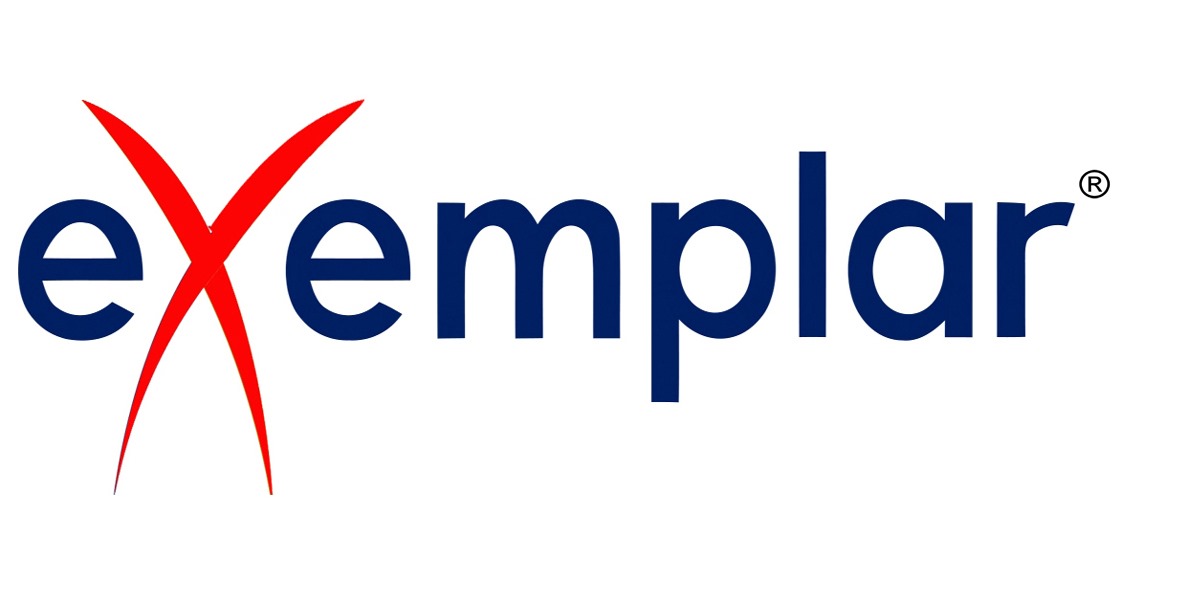EXEMPLAR'S
Candidate Support

Resume Advice
The resume is a weapon with one specific purpose: to win an interview.
Your resume is a sales letter. Just like a house or car, you are a precious commodity and you need your resume to display your talents in the best possible light.
Your resume needs to be well presented and include all the relevant information.
Over 70% of resumes are missing vital information and, as a result, are discarded by an employer.
Research on resume shows that your resume will be quickly scanned, rather than read.
Research on resume also tells us that only one interview is granted for every 200 resumes received by the average employer. An attractive resume can put you amongst the favorites for the job, before you’ve even arrived for interview
Interview Preparation
The key to a successful interview is preparation. Researching the company, understanding the role and offering polished responses shows initiative, enthusiasm and a keen interest in the job. Use the interview tips below to impress your potential employer during that vital first meeting.
Researching the company will help you to better understand where your role fits and your knowledge will boost your credibility with the interviewer. The company website, annual report, newsletters, and media releases can provide you with valuable information on the company’s key products and services, target markets, recent events, structure, culture and future direction.
Your interview preparation should also include reading trade publications and newspaper/magazine articles. These will give you an insight into the company’s reputation, major competitors and wider industry challenges.
Carefully examine all the information you have about the role, including the job advertisement and position description. This information is useful for anticipating what you are likely to be asked, so that you can prepare relevant responses beforehand. To set you apart from other candidates, you can also use this information to form intelligent questions to ask at the conclusion of the interview.
Rehearsing answers to the questions you are likely to be asked is the most critical step in interview preparation. For each potential question, identify practical examples that show how you responded to the task/situation and specify the positive outcome. Rehearse your responses with a friend to gain feedback on whether you are matching your skills, experience and personal attributes to the requirements of the job in a coherent and succinct way.
The key to presenting yourself in the best possible light is to know your key strengths and be able to communicate them confidently and convincingly. The interview is your opportunity to ‘sell’ yourself, so be sure to have prepared concrete examples of what makes you special. Revise the key achievements from your resume so they are top of mind when responding to questions, and use them to demonstrate how you can meet the needs of the employer better than any other applicant.
Common Interview Questions
To demonstrate at an interview that you are the right fit for the role, preparation is vital. Use these common interview questions to prepare succinct, relevant responses; matching your skills and attributes to the needs of the company and role wherever possible. Remember to also prepare a suite of compelling examples to help convince the interviewer that you are the best person for the job. Preparation, positivity and proof are your keys to interview success.
This is a commonly asked question designed to break the ice. A strong, succinct answer will quickly gain the interviewer’s attention and separate you from other candidates who may be tempted to divulge their life story. Give a brief, concise description of who you are and your key qualifications, strengths and skills. Tailoring your answer to the role on offer and declaring the strongest benefit that you offer an employer will leave the interviewer compelled to know more.
The interviewer is trying to gauge your enthusiasm for the role as well as your level of knowledge about the company. Give specific examples of things that attracted you to the company and elaborate on your strengths, achievements and skills and how they match the position description, making you the right fit.
The interviewer wants to know what you are particularly good at and how this would fit into the role. Choose a few of your key strengths that are required for the role and give examples of how you have demonstrated them successfully in the past. Strengths could include the ability to learn quickly; composure under pressure; ability to multi-task; team focus or your ability to work autonomously.
The interviewer wants to know if you are a high-achiever and ascertain how your accomplishments will be beneficial to them. Select one or two recent accomplishments that are directly related to the job on offer. Identify the situations, the actions you took, skills you used and the positive outcomes; quantifying the benefits where possible. Show how you can bring what you learned to the new role.
The interviewer is trying to find out your definition of ‘difficult’ and whether you can show a logical approach to problem solving. Select a tough work situation that was not caused by you. Explain the way you approached the problem, including the actions you took and the solution you applied to overcome the problem. Give your answer with the air of someone who takes setbacks and frustrations in your stride, as part of the job.
The interviewer is trying to find out your key interests and whether the job on offer has responsibilities you will dislike. Focus on what you particularly enjoyed in your last role and what you learned from it, drawing parallels to the new role. When addressing what you disliked, be conscious not to criticise your last employer. Choose an example that does not reflect on your skills (such as company size) or which reveals a positive trait (such as your dislike for prolonged decision making).
This should be straightforward. Reflect positively on your current employer but state how you are looking for more challenge, responsibility, experience and a change of environment. Explain how your current role can no longer provide you with these things, but how you believe the role on offer presents an opportunity for growth that will make full use of your strengths and potential.
A sense of purpose is an attractive feature in an applicant, so this question is designed to probe your ambition and the extent of your career planning. Your commitment is also under question, but avoid blankly stating that ‘I want to be with your company’. Instead, describe how your goal is to continue to grow, learn, add value and take on new responsibilities in the future that build on the role for which you are applying.
The interviewer wants to see that you have composure, problem solving skills and can stay focused in difficult conditions. Give an example of a time when you were faced with a stressful situation (not caused by you) and how you handled it with poise. Describe the context, how you approached the situation, the actions you took and the positive outcome. Demonstrate how you remained calm, in control and got the job done.
Monday - Friday : 9:30 am - 6:00 pm
Company
Services
Candidate Support
Contact address
- Exemplar Global Resources Pvt Ltd,
- Hollywood Plaza, SCO-6, 1st Floor,
- VIP Road, Zirakpur-140603
- (Mohali/Chandigarh)
- Tel- 01762-428437 , 79865 73918
- Email – info@exemplar.co.in

